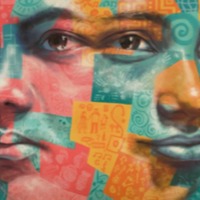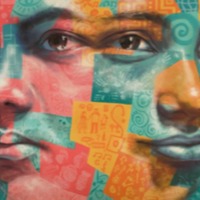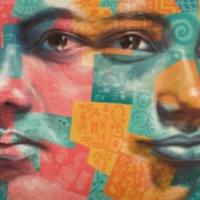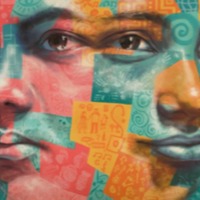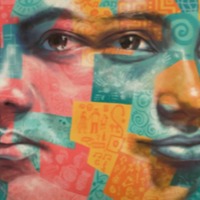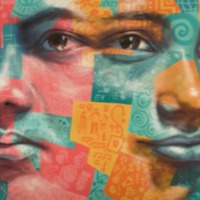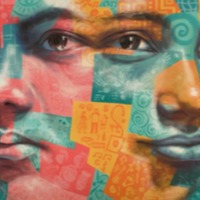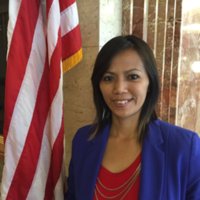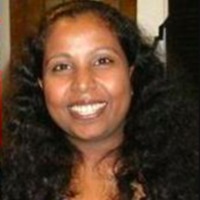
I think, from my experience, the most important thing is shelter, and counselling, and the security. And it's important to have like CAST [Coalition To Abolish Slavery]'s shelter because they know how to talk and how to make me comfortable so that's the important one, and also the security because I don't know, like, if something could happen to me or my family, so it's very important to explain about the security that what kind of security I have, because for two years I couldn't trust anybody. I didn't know that, like, I can be safe here. I'm from Sri Lanka and from where I came from, the people, the government or the police they, they will believe the people who have money they are, like, if I am there I have no right, so I was new to the United States and I didn't know that I have rights so it's very important like explain about the security and that we have a right. And also the counselling, for when I came to United States I was trusting these people and they was always like very often told me that I have no right, I have no money, I have no power, I'm nothing. So it's very important to have a counselling to make, like, it helped me to make me comfortable and to, like, again, I could trust somebody I can talk to somebody that somebody's there for me to live you know when I want to cry, I want to talk, there is somebody to, you know, listen and so it's very important to have those three: shelter, security, and the counselling.
For me, and I think also if everybody else I was afraid if they are the only one I know if I - they always told me that if I talk to anybody or I tell anybody I will be punished, and they know that they are my family live and that the my trafficker told me that they know where I live in my country and where is my family they have pictures of my family, that they will punish my family, and they told me that they know some people who is in Sri Lanka working for the government that if I go back, or I say something they can bring me back and hurt my family, I was afraid of that. Then also that I have nobody to talk I, you know, like, I cannot answer the phone, I cannot go out, and I don't know anybody, so it was difficult for me to like after I came out to even to trust somebody. And, you know, because that I was also praying for myself and also for my family.
After I came here everything changed that I didn't get paid for 26 months and I was not able to help my family. I came here help my family and they was holding my passport, so it's very important for me that if I - before I came here, I didn't know, like, if something can happen to me and if I can call somebody. I didn't really know what is the 911, so it's very important people who come here, or different country, that they before they come they have some kind of information that they can call or they can go and ask for help.
As told to ATEST
